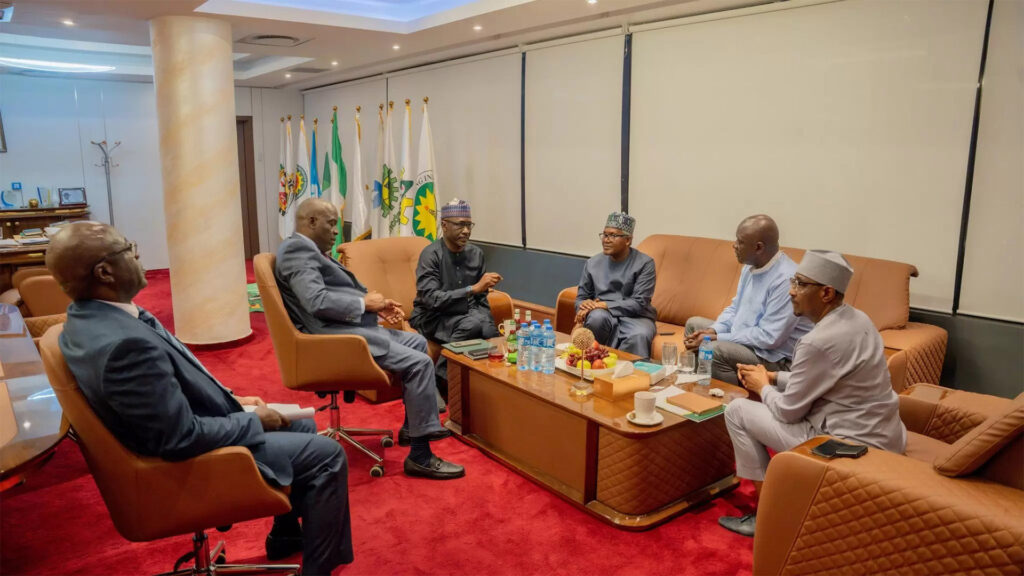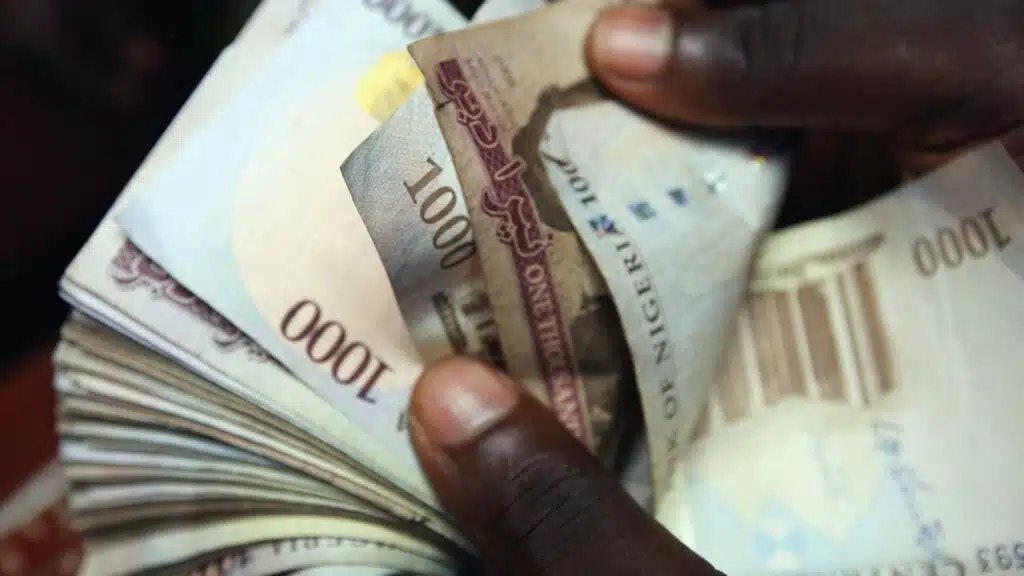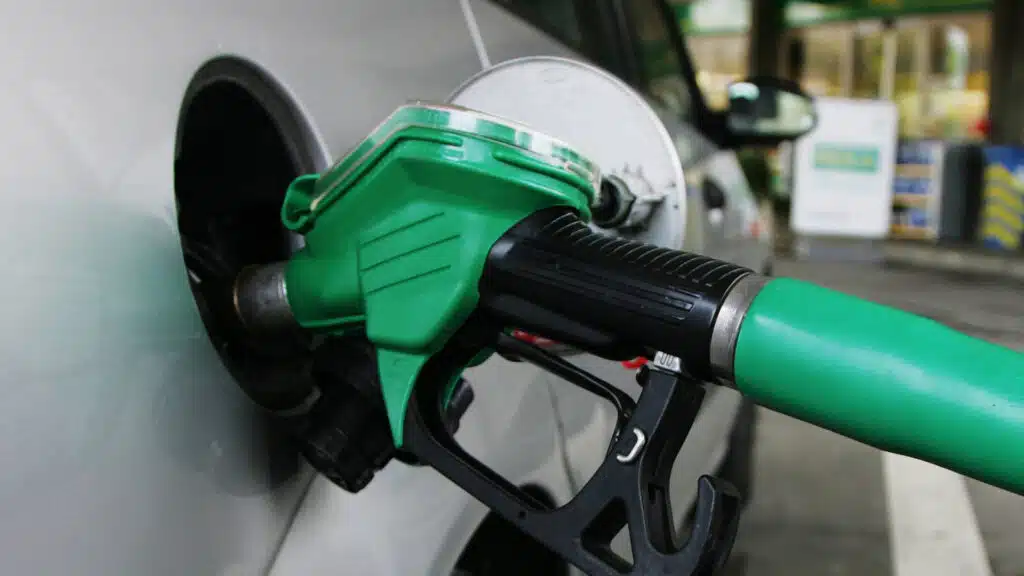Trending: Here are some Business Statistics and Trends to know
The Federal Government has taken steps to resolve the ongoing dispute between Dangote Refinery and the Nigerian Midstream and Downstream Petroleum Regulatory Authority (NMDPRA) regarding the quality of diesel produced in the country.
A high-level meeting was convened by the Minister of State for Petroleum Resources (Oil) to address the issues and seek a resolution.
Highlights
- Stakeholder Meeting: A high-level meeting with key stakeholders was held to resolve the dispute.
- Key Attendees: The meeting included Aliko Dangote, Farouk Ahmed, Gbenga Komolafe, and Mele Kyari.
- Commitment to Resolution: All parties expressed a commitment to collaborative problem-solving.
- Visas Issue: Dangote highlighted the bureaucratic challenges he faces traveling across Africa.
- Political Neutrality: President Bola Tinubu has maintained a neutral stance in the dispute.
Background
The dispute centers around allegations by the NMDPRA that diesel produced by the Dangote Refinery does not meet the required quality standards.
Farouk Ahmed, CEO of NMDPRA, claimed that local refineries, including Dangote’s, were producing diesel with higher sulphur content than allowed. This led to significant friction between Dangote and regulatory authorities.
Government Mediation
To resolve the conflict, the Minister of State for Petroleum Resources, on Monday night, convened a high-level meeting with key stakeholders. The meeting included representatives from Dangote Group, NMDPRA, the Nigerian Upstream Petroleum Regulatory Commission (NUPRC), and the Nigerian National Petroleum Corporation Limited (NNPC).
The Minister emphasized the importance of cooperation among all parties to ensure the optimal performance of the oil and gas sector, which is critical for Nigeria’s economic growth and energy security.
Key Meeting Outcomes
The stakeholders praised the Minister for his leadership in bringing them together.
The meeting concluded with a commitment to finding a sustainable resolution to the quality disputes affecting the Dangote Refinery. There was a consensus on the need for enhanced cooperation and synergy among stakeholders to ensure the optimal performance of Nigeria’s oil and gas sector.

Dangote’s Challenges
Aliko Dangote highlighted his ongoing challenges, including the need for multiple visas to travel within Africa, which he cited as a major hurdle to his business operations. Despite these difficulties, Dangote continues to invest heavily in the continent, driven by a belief in its potential.
Political Dynamics
President Bola Tinubu has adopted a strategy of staying out of direct conflicts, including this dispute. His approach of silent mediation allows him to avoid public confrontations, letting his appointed officials handle such matters.
This has been evident in several high-profile conflicts, including the recent tussle between Dangote Refinery and NNPC Limited.
Future Implications
The resolution of this dispute is critical for Nigeria’s economic growth and energy security. The Dangote Refinery, with a capacity of 650,000 barrels per day, is a significant asset for the country.
Its success or failure could have far-reaching implications for Nigeria’s position in the global energy market.
Conclusion
The Federal Government’s intervention in the Dangote-NMDPRA dispute underscores the importance of a collaborative approach to resolving industry challenges.
As both parties work towards a solution, the focus remains on ensuring that Nigeria’s oil and gas sector continues to thrive and contribute to the nation’s economic development.



